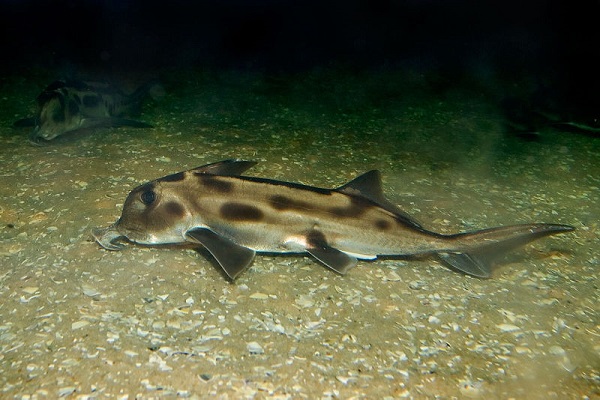Researchers from A*STAR’s Institute of Molecular and Cell Biology (IMCB) have discovered that the skeleton of the strange-looking elephant shark consists entirely of cartilage instead of bones — information that may potentially aid in the treatment of human bone disease.
The elephant shark — a member of cartilaginous fishes — is unable to replace cartilage with bone and further analysis of it shows the absence of a family of genes that is present in all bony vertebrates.
When a member of this type of gene family is absent, a significant reduction in bone formation is observed. The finding, therefore, has important implications towards the understanding of bone-related diseases such as osteoporosis and may be useful in the development of effective therapeutic strategies for them.
Another piece of research has also revealed that the elephant shark lacks special types of immune cells previously considered essential in fighting virus and preventing autoimmune reactions such as diabetes and rheumatoid arthritis. Despite this, sharks are known to have long lifespans and strong immune systems and with this new finding, a new avenue may be opened towards the development of non-intuitive strategies to shape the immune functions of human beings.
Lastly, the elephant shark genome may be a reference genome to study for the better understanding of the human genome as both genomes are found to be highly similar, evident from the slow evolution both go through.
Says research director at IMCB prof. Byrappa Venkatesh, “the slow evolving genome of the elephant shark is probably the best proxy for the ancestor of all jawed-vertebrates that became extinct a long time ago. It is a cornerstone for improving our understanding of the development and physiology of human and other vertebrates as illustrated by our analysis of the skeletal system and immune system genes.”
“Over the years, IMCB has carried out several remarkable genomic projects and we are excited to showcase yet another milestone. Not only has our research team sequenced the first shark-family member genome, they have also uncovered many insights significant to the field of genomic and medical research through the genome analysis,” executive director of IMCB prof. Hong Wanjin added.
Photo: Wikimedia Commons; Fir0002/Flagstaffotos



